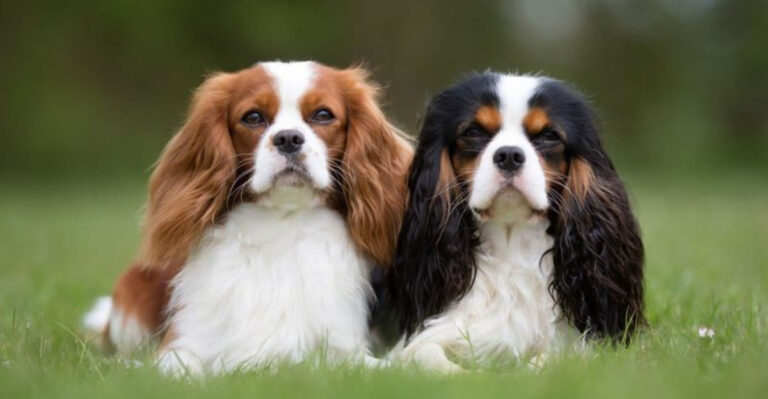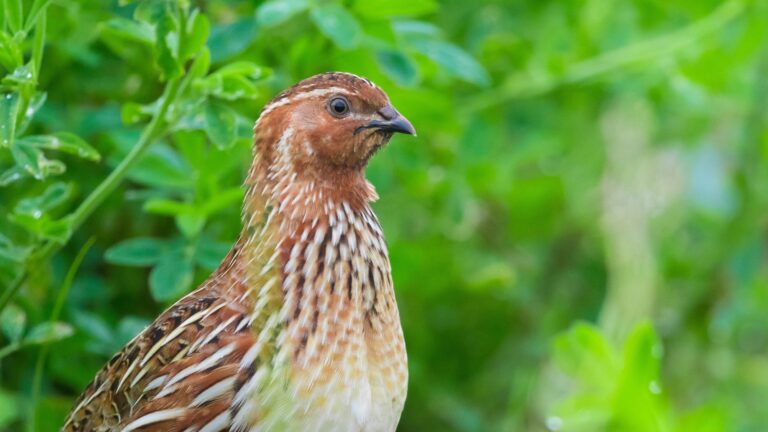7 Grains Cats Can Digest (And 7 That Could Upset Their Stomach)
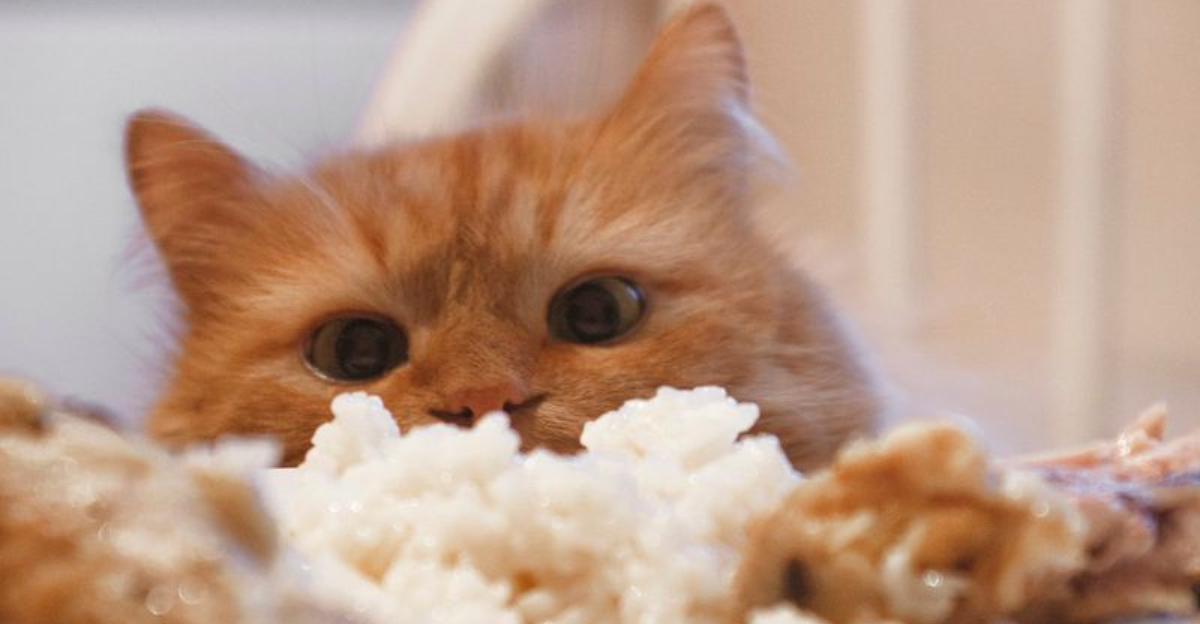
Ever wondered if that bowl of cereal your cat is eyeing is safe to share? While cats are obligate carnivores, they can tolerate certain grains in small amounts.
Understanding which grains are safe and which could cause tummy troubles can help you make better choices for your feline friend’s diet and treats.
1. Oats: A Safe Grain Option For Cats
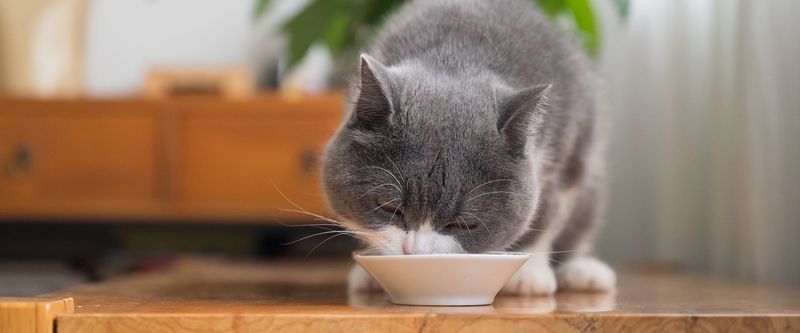
Cats can actually handle small amounts of oats without digestive drama. The soluble fiber in oats supports healthy digestion and can even help with hairballs.
Unlike many grains, oats don’t typically trigger allergies in cats. Just ensure they’re plain and cooked—no sugary instant varieties!
2. Barley: Digestible And Nutritious
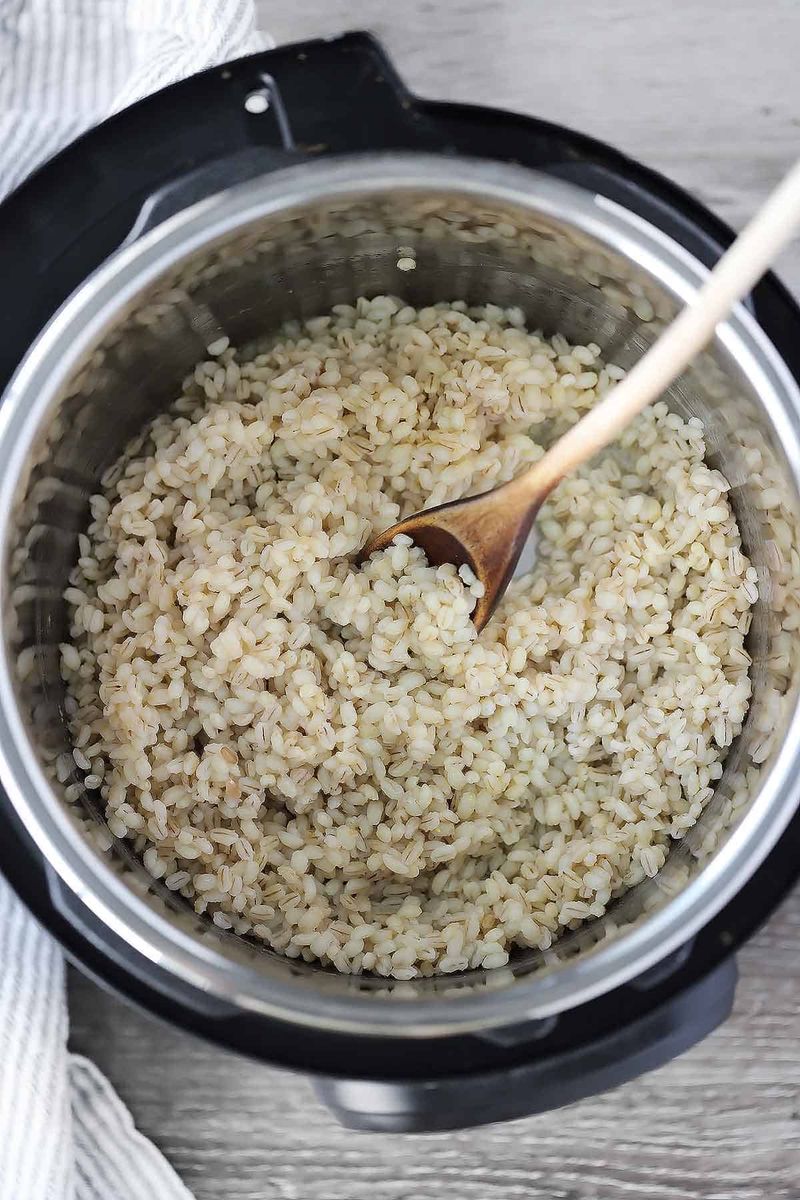
Barley packs a nutritional punch with B vitamins and fiber that support kitty’s digestive health. When properly cooked and served in small portions, most cats can process it without trouble.
You’ll often spot barley listed in premium cat foods because it provides sustained energy without spiking blood sugar levels.
3. Rice: A Gentle Grain For Sensitive Stomachs
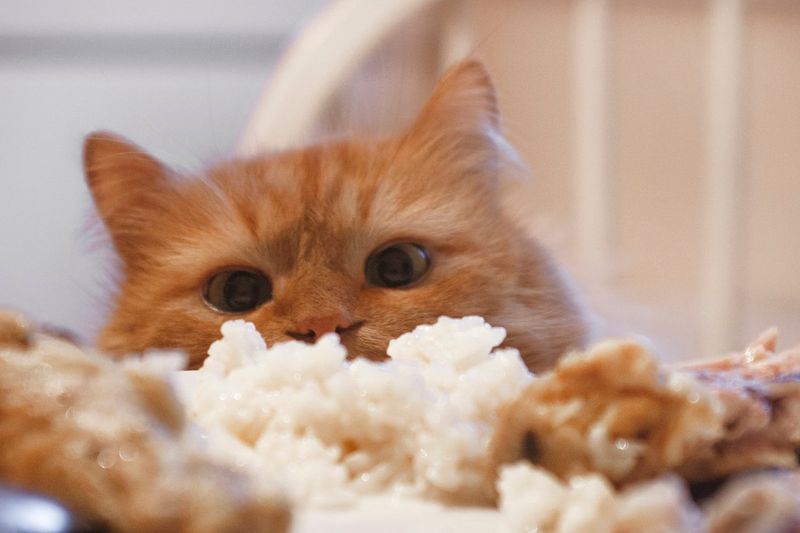
Plain cooked rice often appears in veterinary-recommended bland diets for cats with upset tummies. Its simple starch structure makes it easy to break down.
White rice is particularly gentle, though brown offers more nutrients. Many commercial cat foods include rice precisely because it’s so well-tolerated by feline digestive systems.
4. Quinoa: A Grain Alternative That’s Safe For Cats
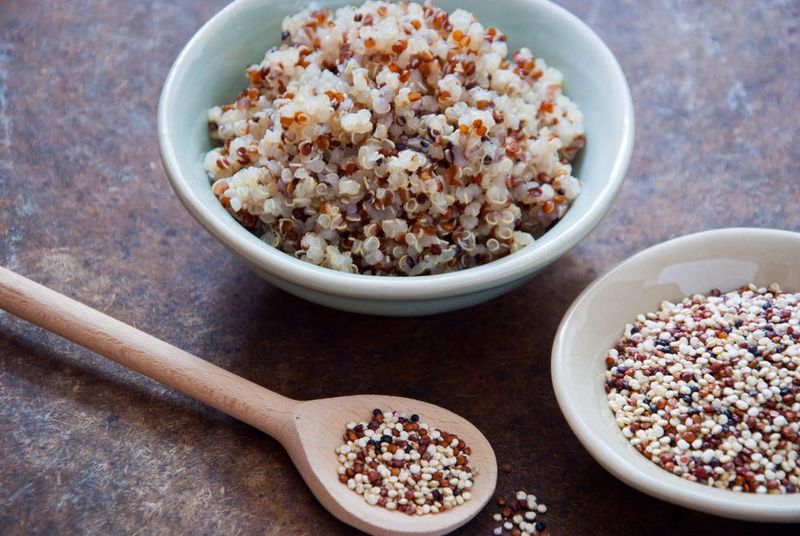
Though technically a seed, quinoa behaves like a grain in cooking and digestion. Cats appreciate its gentle nature and complete protein profile that complements their meat-based diet.
Rinse quinoa thoroughly before cooking to remove saponins that could irritate your cat’s digestive system. Always serve plain and fully cooked.
5. Oatmeal: A Soft Grain For Easy Digestion
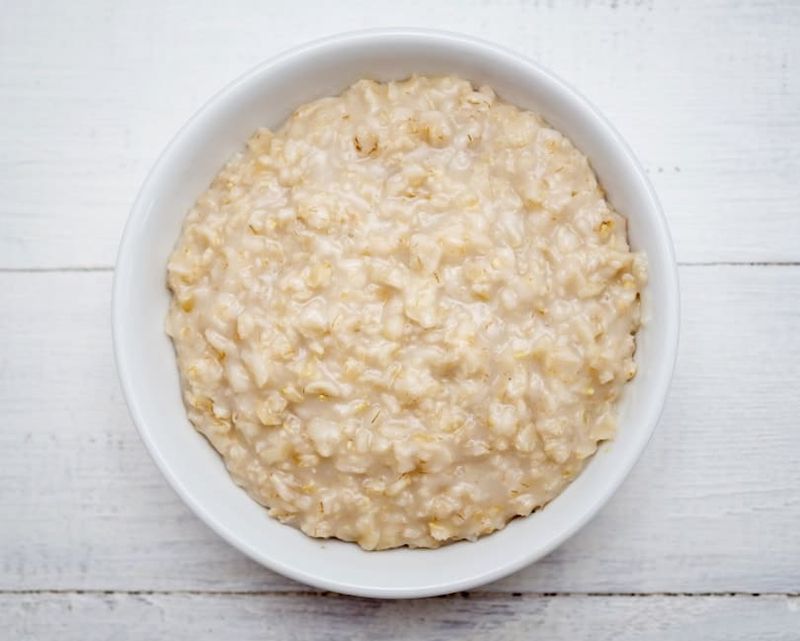
The mushy texture of properly prepared oatmeal makes it exceptionally easy for cats to digest. Its water-absorbing properties can help regulate bowel movements in constipated kitties.
Some veterinarians recommend tiny amounts of plain oatmeal for cats with certain digestive issues. Skip the sugar, milk, and flavorings that humans enjoy!
6. Millet: A Grain Cats Can Tolerate
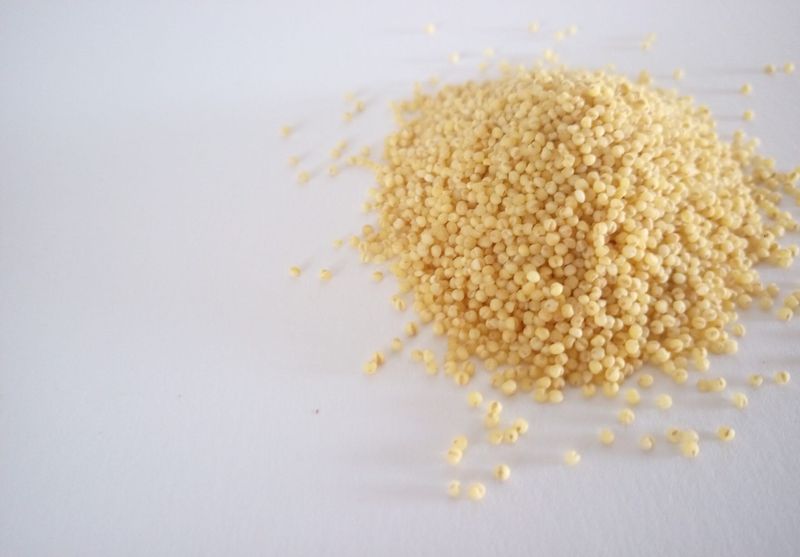
This tiny, bead-shaped grain contains valuable minerals like magnesium and phosphorus that support overall feline health. Millet’s small size makes it less challenging for cats to break down.
Many holistic pet foods incorporate millet because it rarely triggers allergic reactions. Always cook it thoroughly until soft before offering tiny amounts to your curious cat.
7. Sweet Corn: Safe In Small Quantities
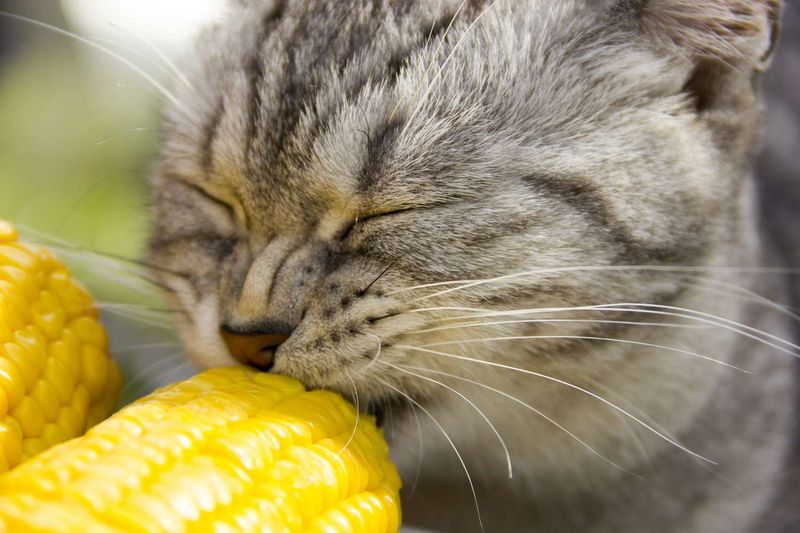
Freshly cooked corn kernels occasionally make a harmless treat for most cats. The key word is moderation—just a kernel or two at a time prevents digestive upset.
Make sure corn is thoroughly cooked and cut from the cob. Never offer canned corn with added salt or sugar that could harm your feline friend.
8. Wheat: A Potential Digestive Trouble For Cats
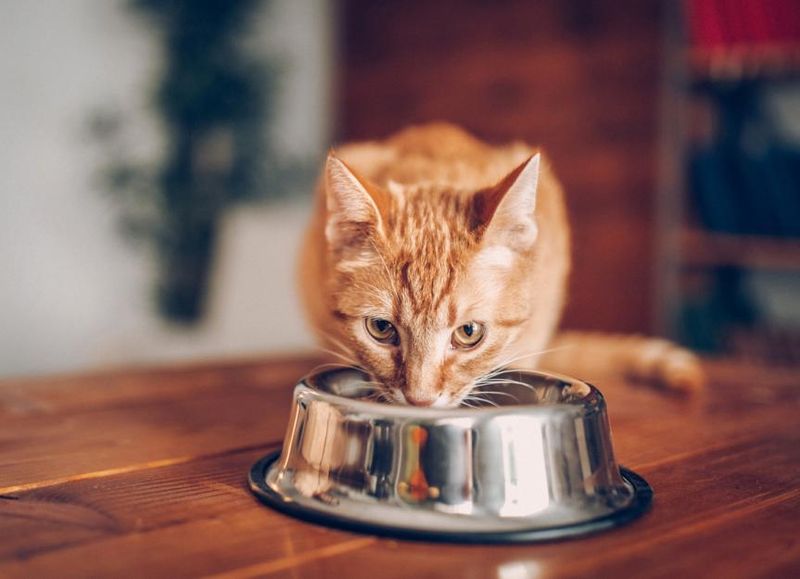
Many cats lack sufficient enzymes to properly break down wheat proteins. This digestive mismatch often leads to uncomfortable bloating, gas, and even diarrhea.
Wheat gluten frequently triggers food sensitivities in cats, causing itchy skin and ear infections. Watch for wheat hiding in treats and lower-quality cat foods as “wheat flour” or “wheat gluten.”
9. Cornmeal: How It Affects Your Cat’s Digestion
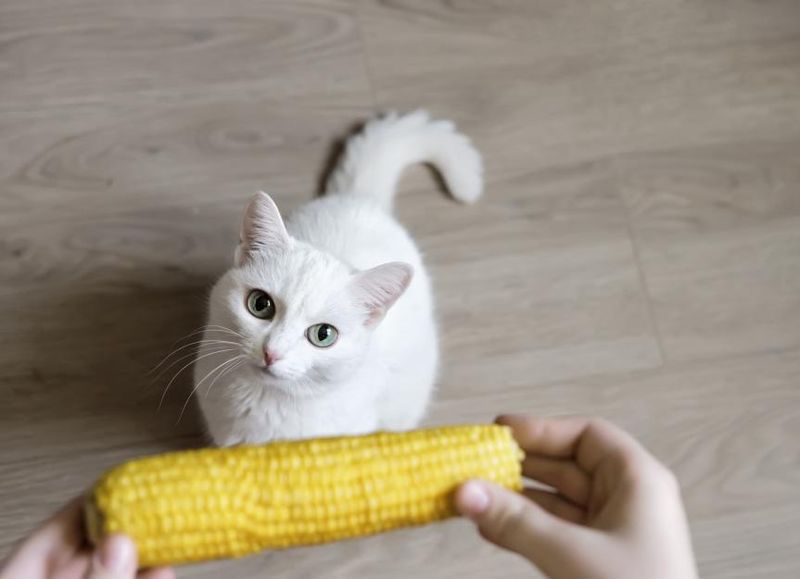
The highly processed nature of cornmeal makes it difficult for feline digestive systems to handle properly. Cats often experience uncomfortable bloating after consuming cornmeal-containing foods.
Many bargain cat foods use cornmeal as a cheap filler ingredient. Unfortunately, this practice prioritizes cost over your cat’s digestive comfort and nutritional needs.
10. Rye: A Grain Best Avoided For Cats
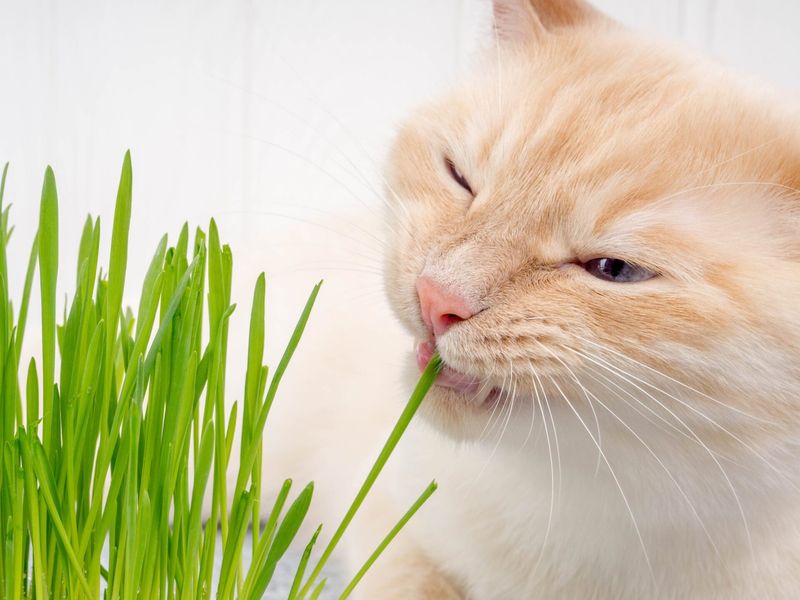
The complex carbohydrate structure in rye challenges a cat’s limited digestive capabilities. Their systems simply aren’t designed to process this hearty grain effectively.
Cats who consume rye often develop uncomfortable gas and loose stools. The fermentation of undigested rye in the intestines creates the perfect environment for digestive distress.
11. Soy: A Common Cat Digestive Issue
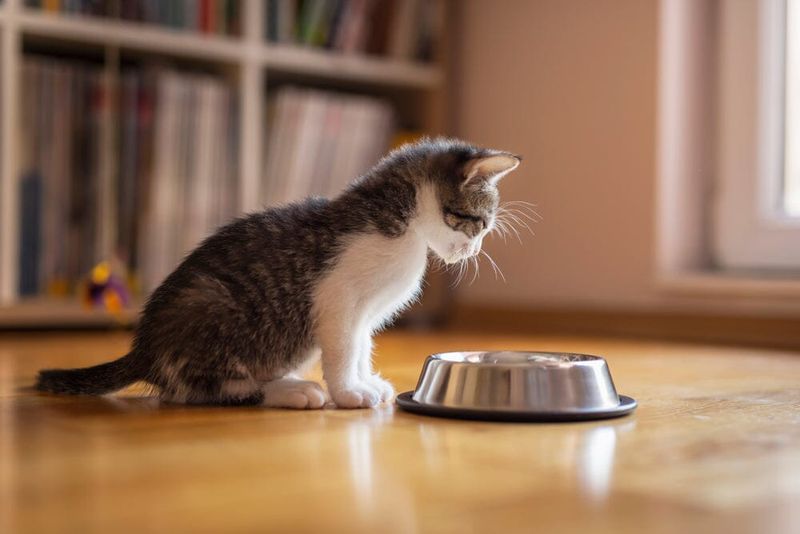
Soy proteins have a complex structure that many cats struggle to break down properly. Unfortunately, many commercial cat foods include soy as an inexpensive protein alternative to meat.
Beyond digestive troubles, soy contains phytoestrogens that may potentially disrupt hormone balance in cats. Check ingredient labels carefully if your cat has a sensitive stomach.
12. Spelt: An Ancient Grain That Cats Struggle To Digest
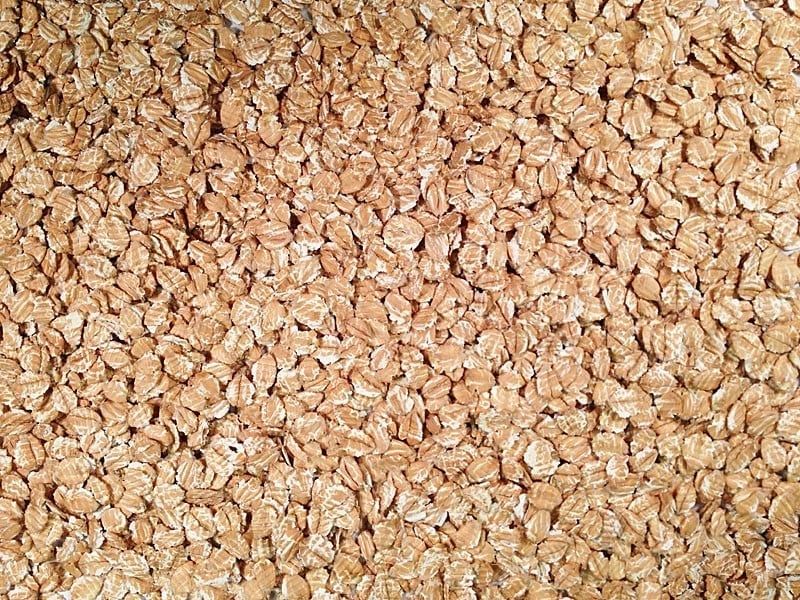
Despite its ancient pedigree and health benefits for humans, spelt remains challenging for feline digestive systems. The complex gluten proteins resist breakdown by a cat’s limited digestive enzymes.
Cats who consume spelt-containing products often develop uncomfortable cramping and loose stools. This ancient grain belongs in human bread, not in your cat’s food bowl.
13. Buckwheat: Not Ideal For Cats’ Sensitive Stomachs
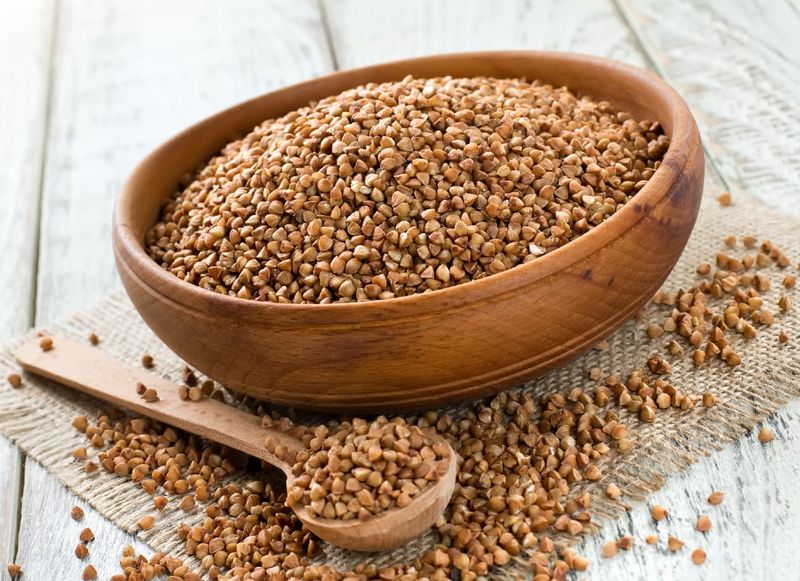
Though technically a seed rather than a true grain, buckwheat presents similar digestive challenges for cats. Its complex carbohydrate structure requires digestive enzymes cats typically lack.
Cats who consume buckwheat often experience uncomfortable bloating as the undigested portions ferment in their intestines. This fermentation process creates gas and potential discomfort.
14. Sorghum: A Grain To Avoid For Cats’ Digestive Health
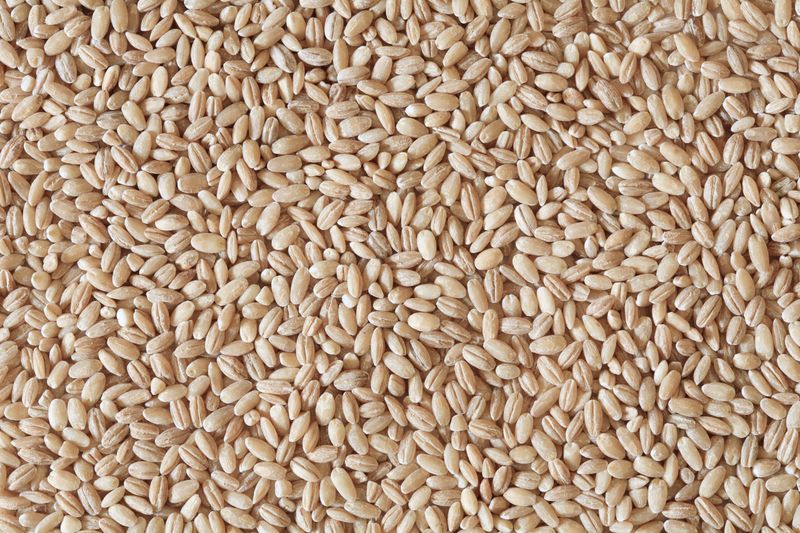
This drought-resistant grain contains complex starches that feline digestive systems struggle to process effectively. Cats lack the specific amylase enzymes needed to break down sorghum’s unique carbohydrate structure.
When cats consume sorghum, undigested particles often ferment in the intestines, creating uncomfortable gas bubbles and potential diarrhea. Check pet food labels carefully for this problematic ingredient.


